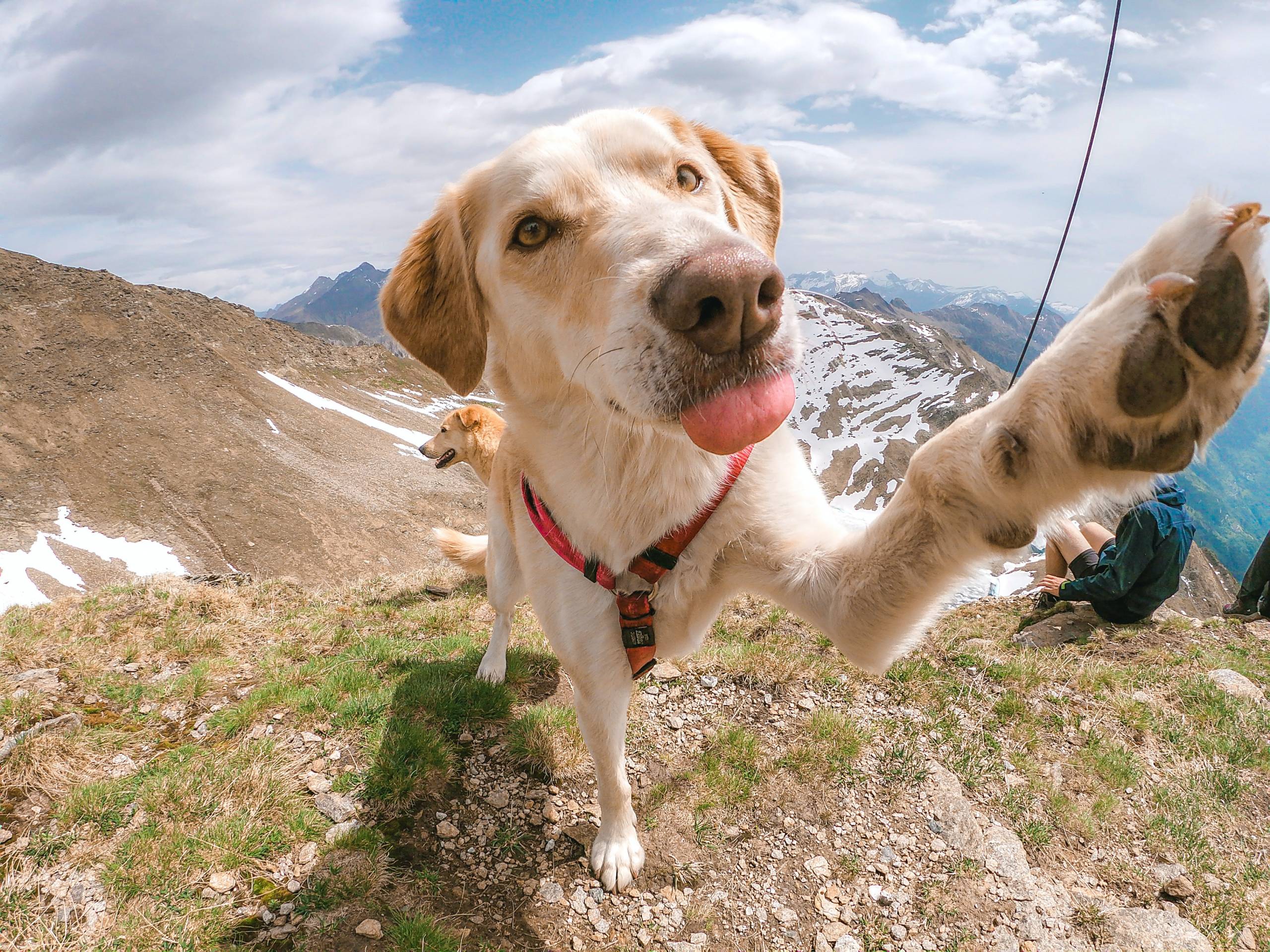Why Does My Dog Sound Like He Can’T Breathe?
Post Date:
December 10, 2024
(Date Last Modified: December 10, 2024)
Hearing your dog struggle to breathe can be alarming. As a pet owner, it’s natural to worry when your furry friend emits unusual sounds. If your dog sounds like he can’t breathe, it may indicate an underlying health issue that requires attention. Understanding the potential causes can help you determine when to seek veterinary care and what steps to take to ensure your dog’s well-being.
Common Causes of Labored Breathing
Dogs communicate in many ways, and vocalization is one of them. Coughing, wheezing, and other respiratory sounds may indicate various problems, ranging from minor issues to serious health concerns. It’s important to pay attention to these sounds and other symptoms your dog may be displaying.
One common reason for labored breathing is a respiratory infection. Just like humans, dogs can catch colds or suffer from more severe infections like kennel cough. Symptoms of a respiratory infection may include a persistent cough, nasal discharge, and labored breathing. If your dog seems otherwise healthy but has developed a cough or other respiratory noises, rest and possibly medication may be needed.
Allergies and Airway Inflammation
Allergies can also cause breathing difficulties. Dogs may be allergic to various environmental factors, including pollen, dust mites, and certain foods. Allergic reactions can lead to inflammation in the airways, resulting in wheezing or other unusual breathing sounds. Additional signs of allergies may include itching, excessive licking, or watery eyes. If allergies are suspected, a veterinary visit can help identify the trigger and discuss appropriate treatments.
Obstructions and Breathing Difficulties
Obstructions in the airway can lead to serious breathing difficulties. If your dog ingests something they shouldn’t, such as a toy or a bone fragment, this can cause choking or blockage. If your dog suddenly starts making strange sounds and appears distressed, check their mouth for any foreign objects. If nothing is visible or if your dog continues to struggle, seek immediate veterinary assistance. Time is critical, as a blockage can quickly become life-threatening.
Brachycephalic Breeds and Breathing Challenges
Certain breeds, particularly those with short snouts, may experience breathing difficulties due to anatomical features. Brachycephalic obstructive airway syndrome is common in breeds like bulldogs and pugs, which often have narrow nostrils and elongated soft palates. If your dog belongs to a brachycephalic breed and exhibits wheezing or snorting sounds, consulting a veterinarian is essential for managing the condition.
Heart Disease and Respiratory Issues
Heart disease can also manifest as abnormal breathing sounds. Conditions such as congestive heart failure may lead to fluid buildup in the lungs, making it difficult for your dog to breathe comfortably. Signs of heart disease include coughing, lethargy, and a decreased appetite. If these symptoms accompany labored breathing, prompt veterinary care is necessary for early diagnosis and treatment.
The Impact of Obesity and Stress
Obesity is a growing concern in pets and can contribute to respiratory issues. Excess weight can put pressure on the chest and lungs, making normal breathing more difficult. Maintaining a healthy weight through diet and exercise is crucial for your dog’s overall health and can help prevent breathing difficulties.
Stress and anxiety can also affect your dog’s breathing. If your dog becomes anxious due to loud noises, changes in environment, or other stressors, he may exhibit rapid or labored breathing. Creating a calm and secure environment can help alleviate some anxiety. If stress becomes a frequent issue, consulting a veterinarian or a professional dog trainer can provide strategies for managing it.
Monitoring Your Dog’s Health
Monitoring your dog’s overall health and behavior is essential. If you notice unusual sounds while breathing, observe any accompanying signs such as coughing, lethargy, or changes in appetite. Keeping a record of these symptoms can be helpful when discussing your concerns with your veterinarian. A thorough examination can determine the best course of action based on your dog’s specific situation.
Taking Action for Your Dog’s Health
Timely intervention is crucial for your dog’s health. If your dog sounds like he can’t breathe, contact your veterinarian immediately. They can assess your dog’s condition and recommend appropriate tests, treatments, or referrals to specialists if necessary. Early detection and treatment can significantly impact your dog’s health outcomes.
Creating a Healthy Environment
Caring for a pet can be challenging, and worrying about your dog’s health is a natural part of being a responsible owner. Staying informed and attentive to your dog’s breathing and other health indicators allows you to take proactive steps to ensure your dog remains healthy and happy. Regular veterinary check-ups can also help catch potential issues before they escalate.
Creating a comfortable living environment for your dog can influence their respiratory health. Ensure their space is clean and free from allergens and irritants, such as smoke or strong cleaning agents. Well-ventilated areas can improve air quality, making it easier for them to breathe.
Vigilance and Proactivity
If your dog has a history of breathing problems or belongs to a breed prone to respiratory issues, regular monitoring is crucial. Be vigilant about any changes in behavior and reach out to your veterinarian with any concerns. Your dog’s health is paramount, and being proactive can help prevent complications.
Understanding why your dog sounds like he can’t breathe can be daunting. Many pet owners share similar concerns, and veterinary professionals are there to help navigate these challenges. Your dog’s well-being is a priority, and learning about potential issues empowers you to provide the best care possible.
In moments of uncertainty, remember that your veterinarian is a valuable resource. They can offer expert advice, diagnoses, and tailored treatment options. Building a strong relationship with your vet can provide peace of mind and ensure your dog receives the care they deserve.
Being attentive to your pet’s health and well-being is essential. If your dog sounds like he can’t breathe, assess the situation calmly. Observing your dog closely and communicating openly with your veterinarian will help you make informed decisions regarding their health. Your attentive care and quick action can make a significant difference in your dog’s quality of life.






